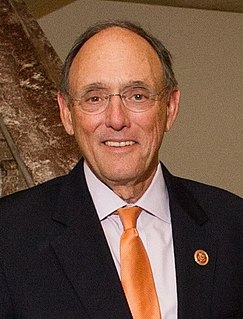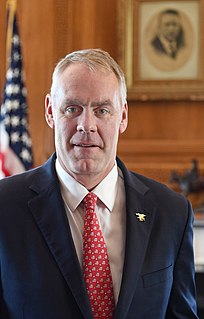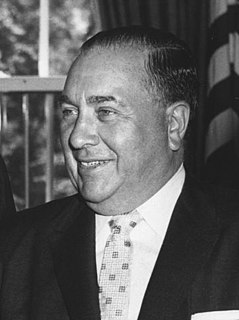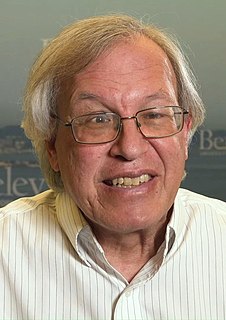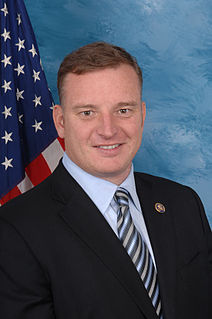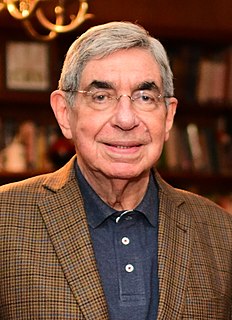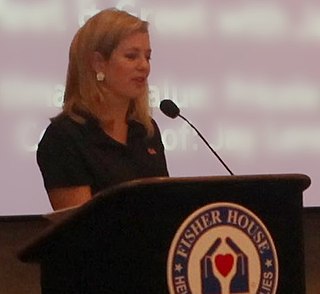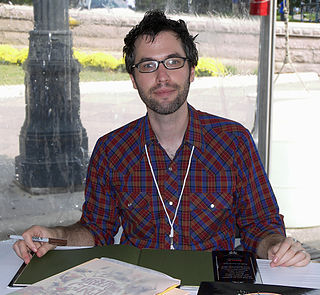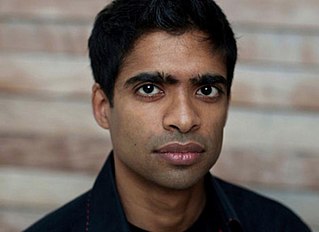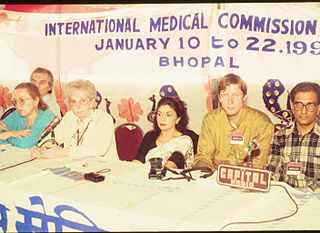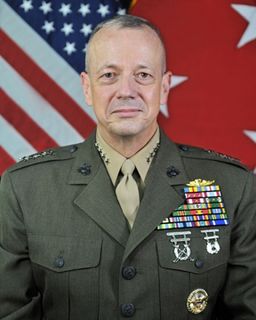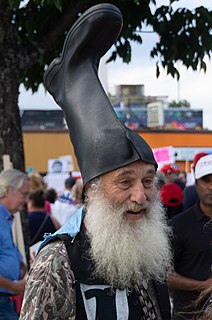Top 1200 Military Police Quotes & Sayings - Page 9
Explore popular Military Police quotes.
Last updated on October 18, 2024.
The campaign in Iraq illustrates the continuing progress of military technology and tactics, but if there is a single overriding lesson it must be this: American military power, especially when buttressed by Britain's, is virtually unchallengeable today. Take us on? Don't try! And that's not hubris, it's just plain fact.
Teller contended, not implausibly, that hydrogen bombs keep the peace, or at least prevent thermonuclear war, because the consequences of warfare between nuclear powers are now too dangerous. We haven't had a nuclear war yet, have we? But all such arguments assume that the nuclear-armed nations are and always will be, without exception, rational actors, and that bouts of anger and revenge and madness will never overtake their leaders (or military and secret police officers in charge of nuclear weapons). In the century of Hitler and Stalin, this seems ingenuous.
We lived, until I was 12 or so, in communal apartment with five different families and the same kitchen, in two little - my brother and me and my parents. It was hell, but it was a common thing. My father was not general or admiral, but he was colonel. He was teaching in military academy military topography.
80 percent of the export of armament in the world comes from the G8 countries. [The] United States alone exports about 50 percent of the world's armament, [for] which, of course, there has to be buyers, and the buyers are very terribly keen, very often military dictator[s] or sometimes not military dictator[s] but for military purposes. But the sellers are also promoting this trade. And two thirds of the arm exports go to developing countries. I'm in favor of putting a control on it, a ban on it.
Instead of ending U.S. military aid to the 23rd wealthiest country to use for its consistent violations of international law and human rights, we see the Obama administration escalating the annual amount of aid, so that Israel will now start each year with almost $4 billion, with $3.8 billion a year of military aid coming from our tax money to support its military, without any restrictions on how it makes - how it uses that money, what weapons in the U.S. it's able to buy.
On Veterans Day, the country honors those in uniform and the sacrifices they have made across the globe. But as a military spouse who reports on the issues facing military families, I've learned that one of the biggest challenges is when a service member transitions out of the armed forces and into the civilian workforce.
Whether the mask is labeled fascism, democracy, or dictatorship of the proletariat, our great adversary remains the apparatus—the bureaucracy, the police, the military. Not the one facing us across the frontier of the battle lines, which is not so much our enemy as our brothers' enemy, but the one that calls itself our protector and makes us its slaves. No matter what the circumstances, the worst betrayal will always be to subordinate ourselves to this apparatus and to trample underfoot, in its service, all human values in ourselves and in others.
In a scholarly manner I have made it a habit to collect different crowd-control manuals, and I read them to the police sort of reminding them of basic tenants of crowd control, such as minimum use of force to effect an arrest. I tell... the police that they may have been put in a dangerous situation by their superiors.
